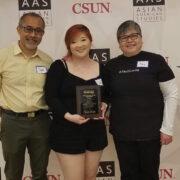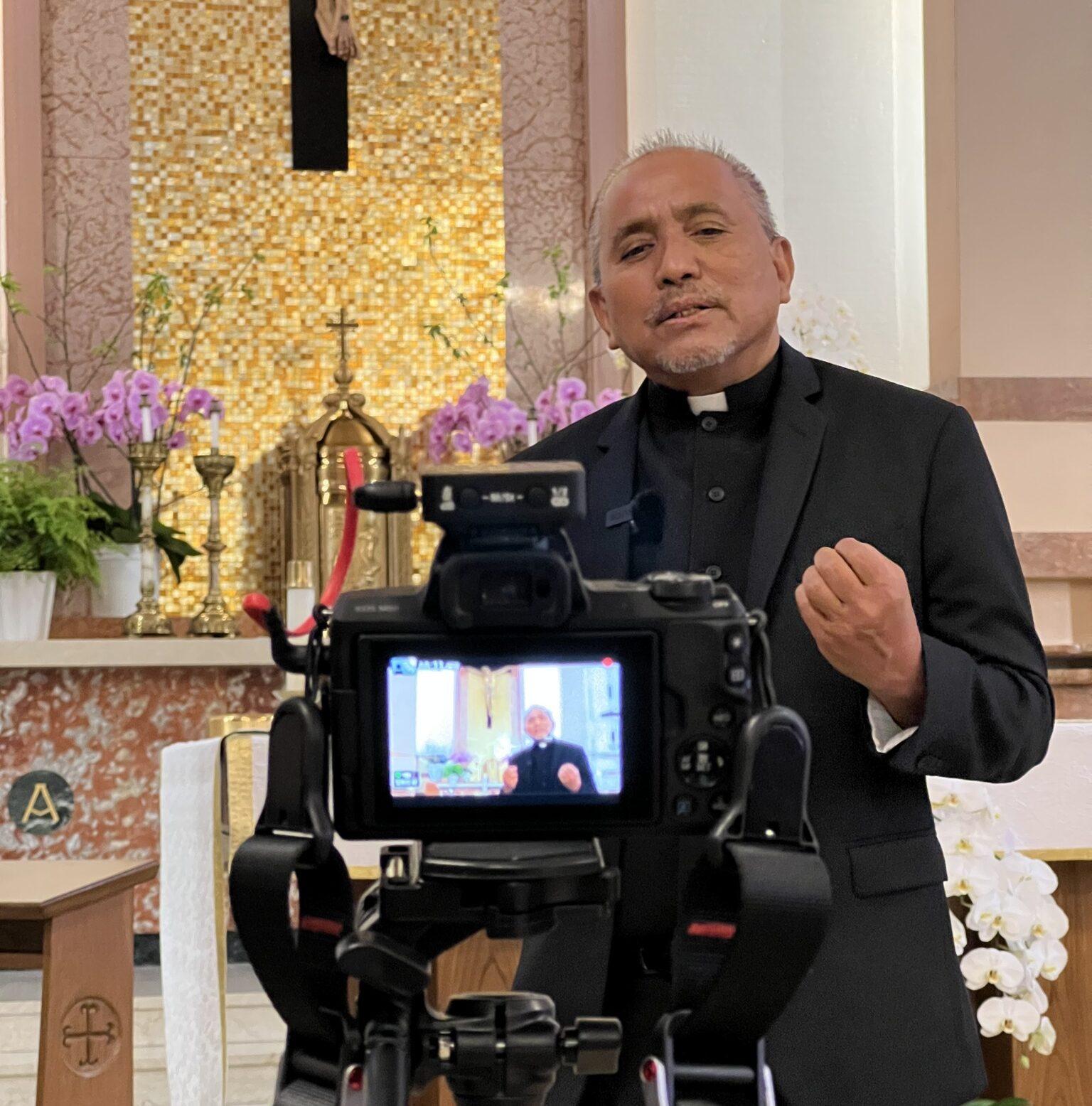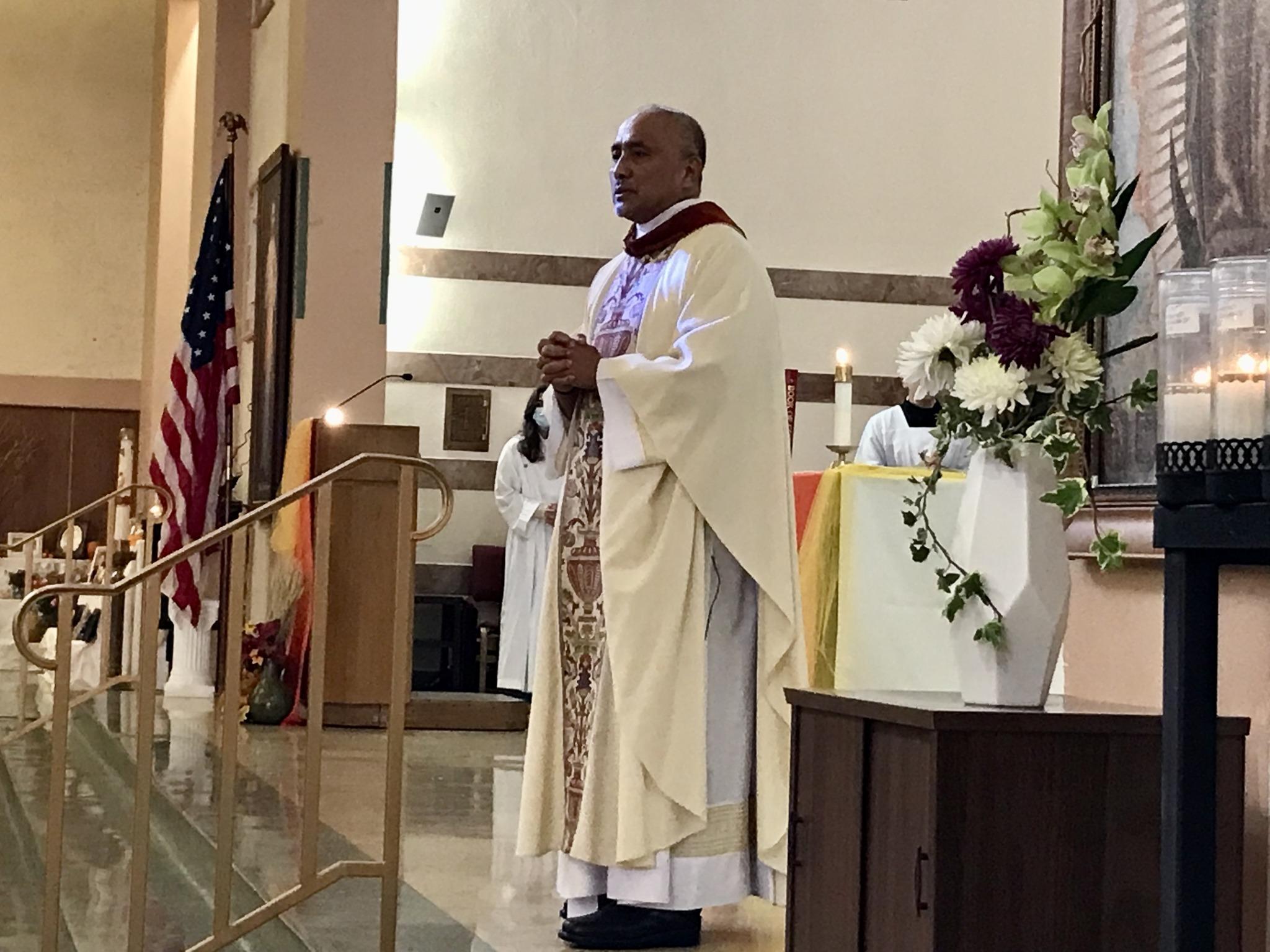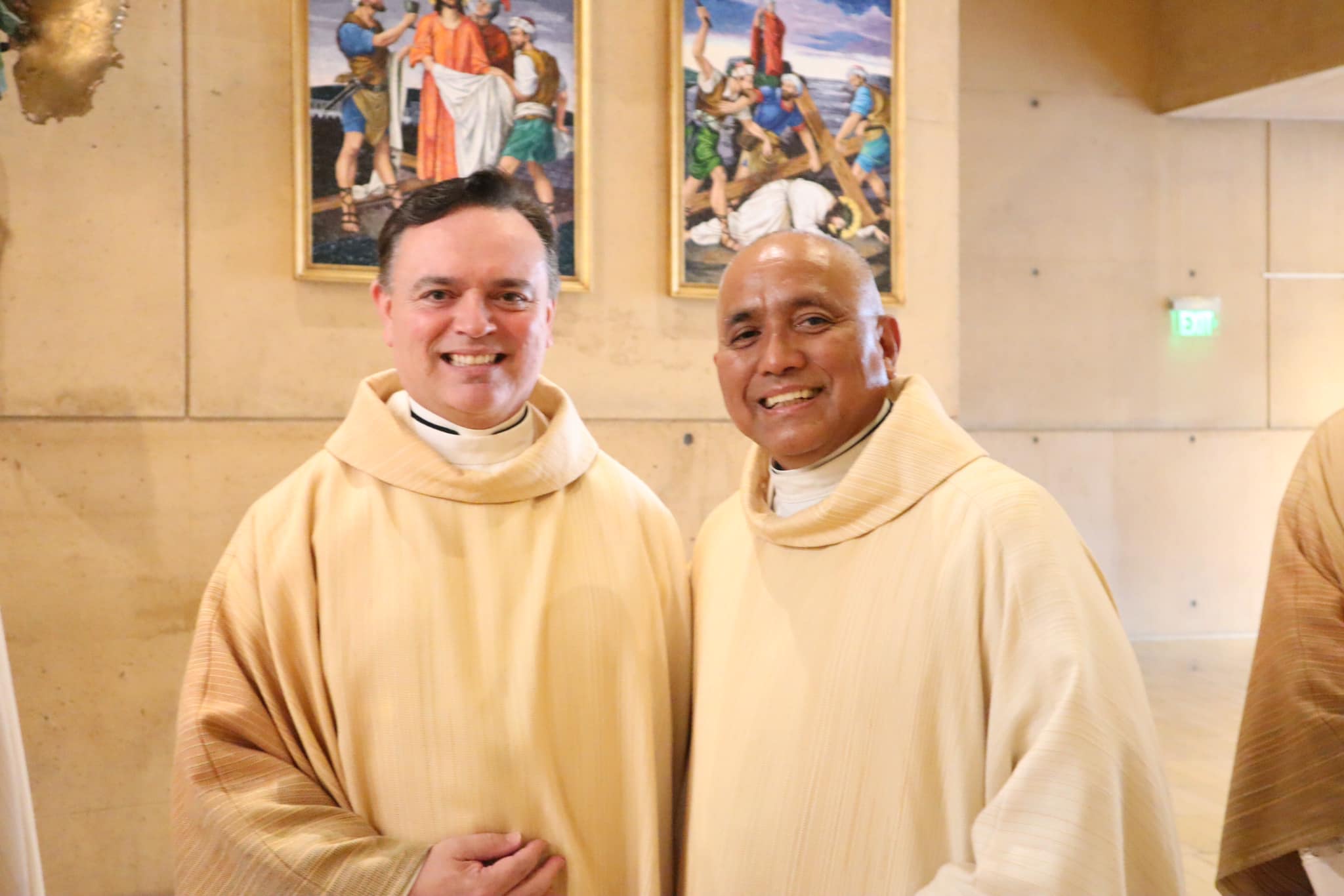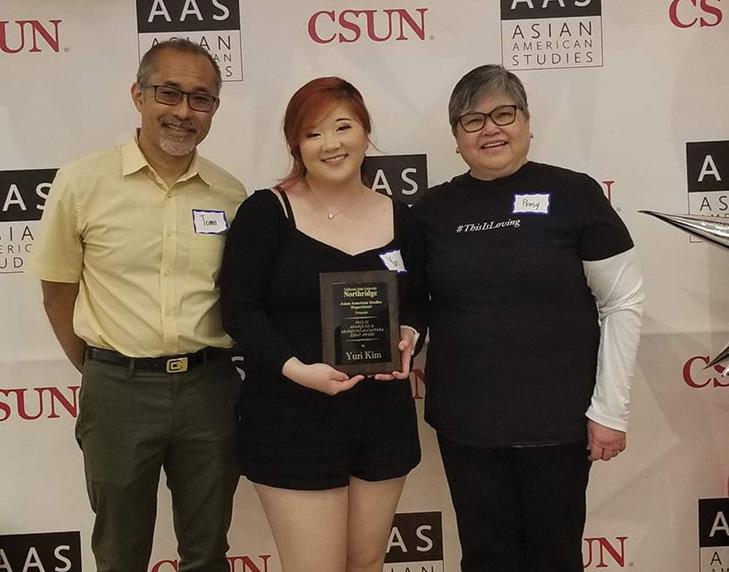
(ONCE a year, an essay competition is held at CSUN, amongst Asian American Studies and Education majors, as part of an endowment set up by Prosy Abarquez-Delacruz for her deceased mother, Asuncion Castro Abarquez and her deceased sister, Rosalinda Abarquez Alcantara to provide a scholarship grant to deserving students. The essays are vetted by a committee headed by Dr. Tomo Hattori, and with active participation of Dr. Philip Hutchinson and Dr. Kimberly Teaman Carroll with oversight from Dept. Chair. 2023’s winning essay is from Yuri Kim.)
The year 2020 was an emotional rollercoaster for everyone all over the world. In particular, the Coronavirus pandemic targeted people of Asian descent in the United States for racial discrimination and attacked them for the way they look. First off, racism isn’t brand new to Asian people. In fact it started in the 1800s with the Chinese Exclusion Act (Matsumoto). America banned all Chinese immigrants from coming to the states because native born Americans blamed Chinese workers for their unemployment and declining wages (Leon). Sound familiar to anyone? Americans blaming minorities for taking their jobs seems to be a lingering practice. Another terrible event that occurred in US history targeting Asian people is when the Japanese internment camps took place. They were mandatory concentration camps that many Japanese would have to live during World War II because the country was fearful that the Japanese Americans who were loyal to Japan and would attack the country (Nagata). The Japanese could barely bring any personal belongings with them, and they had to sell all their possessions before they went to the camps. The Japanese attack on Pearl Harbor in Hawaii on December 7, 1942, increased anti-Japanese feelings. Americans were worried that citizens of Japanese ancestry would act as spies for the Japanese government. The Japanese people in America themselves didn’t do the attack, but the American people didn’t see a difference. They made assumptions because of their race, a practice that is still around today.
Americans blaming Asian people for something they didn’t do isn’t new. No matter where we Asian-Americans go, we are always seen as different. My identity as a Korean American is a journey I am still learning about. Whenever I go to the motherland, (South Korea) I’m seen differently even there. You would think that because I look like them that I would fit in immediately, right?” Wrong. I’m seen differently there too since I’m also American and Korean and American cultures are very different. Here in America, I’m still seen as different since I’m Korean. Where I live in the San Fernando Valley, there aren’t that many Asian Americans compared to downtown Los Angeles or the 626 area code in Orange County, so in my high school, I was the only Asian student in most of my classes. People automatically assumed I was good at math since that is the most infamous stereotype out there. I’m not. Math is not my forte. But my peers automatically assumed that of me because I am Asian. Stereotypes give people automatic first impressions.
The same thing occurs with the racial attacks against Asians since the pandemic. People are attacking Asian people for the “Chinese virus,” term that President Trump crafted, which I believe has encouraged racist people to attack Asians (Kandil). If the president says it, it should be okay right? Just because someone is of Asian descent does not automatically mean that they have the Coronavirus (Kandil). Unfortunately, there are people out there who aren’t as bright and they act like uneducated folks making assumptions because of someone’s appearance. I’ve seen videos where people are getting attacked physically just for being an Asian person (Strochlic). Being told “go back to your country” or “it’s all your fault” is incredibly offensive and hurtful to say to anyone (Kambhampaty). It affects the older generation as well as the younger generation. Asian Americans are seen as the model minority since they are very successful in education and in the medical fields (Leon). Asians are seen as timid, shy people which is why people are continuing to ostracize them since they know that they will have little to no consequences. Even Asian American doctors who are risking their lives fighting the Coronavirus on the front lines like in a war are being told to “go back to their countries”. Change needs to happen.
A video on Time online really impacted me in an emotional way. It basically showed a day of an Asian American doctor named Dr. Chen Fu who is fighting Covid-19 on the front lines. He explains in the video that as both an Asian American and a doctor, he has been both “celebrated and villainized at the same time” (Tsai). Even though he has the credentials and the licenses as a doctor, people still racially profile against him since he is of Asian descent, which is absolutely unacceptable, especially since he is on the front lines of a pandemic war while everyone else is at home. I was so moved by this video that I decided to send him a direct message on Instagram to just thank him for his service and to give him encouragement. This is what I wrote to him: “Hello! I saw your video from Time, and I just want to say as a fellow Asian American, I want to say thank you for your service and all that you do for people in the hospital. Your hard work goes unnoticed, and I wish as a 19-year-old in college there was more I could do. Even though I am currently in college, the hard work that you do is so inspiring despite being racially profiled, you still find the strength to keep going. I am so so incredibly sorry you had to go through that terrible experience even though you are out there helping this pandemic on the front lines like in a war. Thank you so much for your service, and I hope you stay well and keep your chin up!!!!” (little play on words since his username is ‘keep_your_chen_up). I didn’t expect to get a response from him, but I did. He replied saying: “Hey there! Thank you so, so much for your kind words. I really appreciate them :). Hope you’re staying safe wherever you are and that the listlessness of online classes isn’t getting to you too much! And as a college student I think you’re doing a lot. You’re growing and developing into a person with the potential to make the world better by walking in it. It’s like the humble earthworm: they don’t consciously try to till the soil as they move through it, they just do. You’re making yourself into an earthworm, becoming one that can make the world a better place just by moving through it. Hope you keep it up and keep your chin up too :)”. I was so glad that he saw my message and that he was encouraged by my words. Kindness goes such a long way and even the smallest things can make someone’s entire day.
As a Korean American myself, I personally do get anxious to go out in public since all I’ve seen on the news nowadays is people of my kin getting attacked and racially profiled just for being an person of Asian descent. There was one incident where I went to the doctor’s office back in March 2020 when this whole pandemic started, and I remember sitting in the waiting room just waiting for my name to be called. I noticed something that never happened to me before. As soon as I sat down in a chair, everyone scooted away from and purposely chose different seats away from mine. I was so taken aback and shocked at what I had just witnessed. I am grateful that it didn’t escalate into anything violent compared to the videos I have seen on social media, but I was still very uncomfortable in the situation. I didn’t do anything wrong, I only sat down quietly waiting for my name to be called by one of the nurses, but the other people in the waiting room didn’t care. They assumed that I had the Coronavirus because of my appearance. Ever since then I have been apprehensive of going outside and interacting with other people. I always feel like I need to have pepper spray on me or have my phone ready at all times to record any unfortunate events that might occur. I really hope that when this pandemic is over, people will be able to realize that being Asian does not equal to having the Coronavirus.
Racism is a social issue that is very relevant to today. It is something that unfortunately has been around since the beginning of time and this horrible lingering American practice will unfortunately continue to be passed on to generations to come since evil is always there. But like evil, good is there to fight as well. As much as I hate looking at the news, it gives me hope when I see or hear people helping to fight against the xenophobia against Asians. Many Asian American actors and influencers have done many things on social media to bring awareness and change to this issue. They have given Asian Americans a voice in the media, and I am so incredibly grateful for that. Racism will always be around, but that doesn’t mean people are going down without a fight.
* * *
Yuri Kim is a second-generation Korean American who is passionate about Asian American issues such as the xenophobia and racism towards Asians during the pandemic. They hope that with their degree in Asian American studies from CSUN that they will be able to make a difference in a world where racism and exclusion is very much prominent to this day.
* * *
Prosy Abarquez-Delacruz, J.D. writes a weekly column for Asian Journal, called “Rhizomes.” She has been writing for AJ Press for 12 years. She also contributes to Balikbayan Magazine. Her training and experiences are in science, food technology, law and community volunteerism for 4 decades. She holds a B.S. degree from the University of the Philippines, a law degree from Whittier College School of Law in California and a certificate on 21st Century Leadership from Harvard’s Kennedy School of Government.
She has been a participant in NVM Writing Workshops taught by Prof. Peter Bacho for 4 years and Prof. Russell Leong. She has travelled to France, Holland, Belgium, Spain, Portugal, Japan, Costa Rica, Mexico and over 22 national parks in the U.S., in her pursuit of love for nature and the arts.


